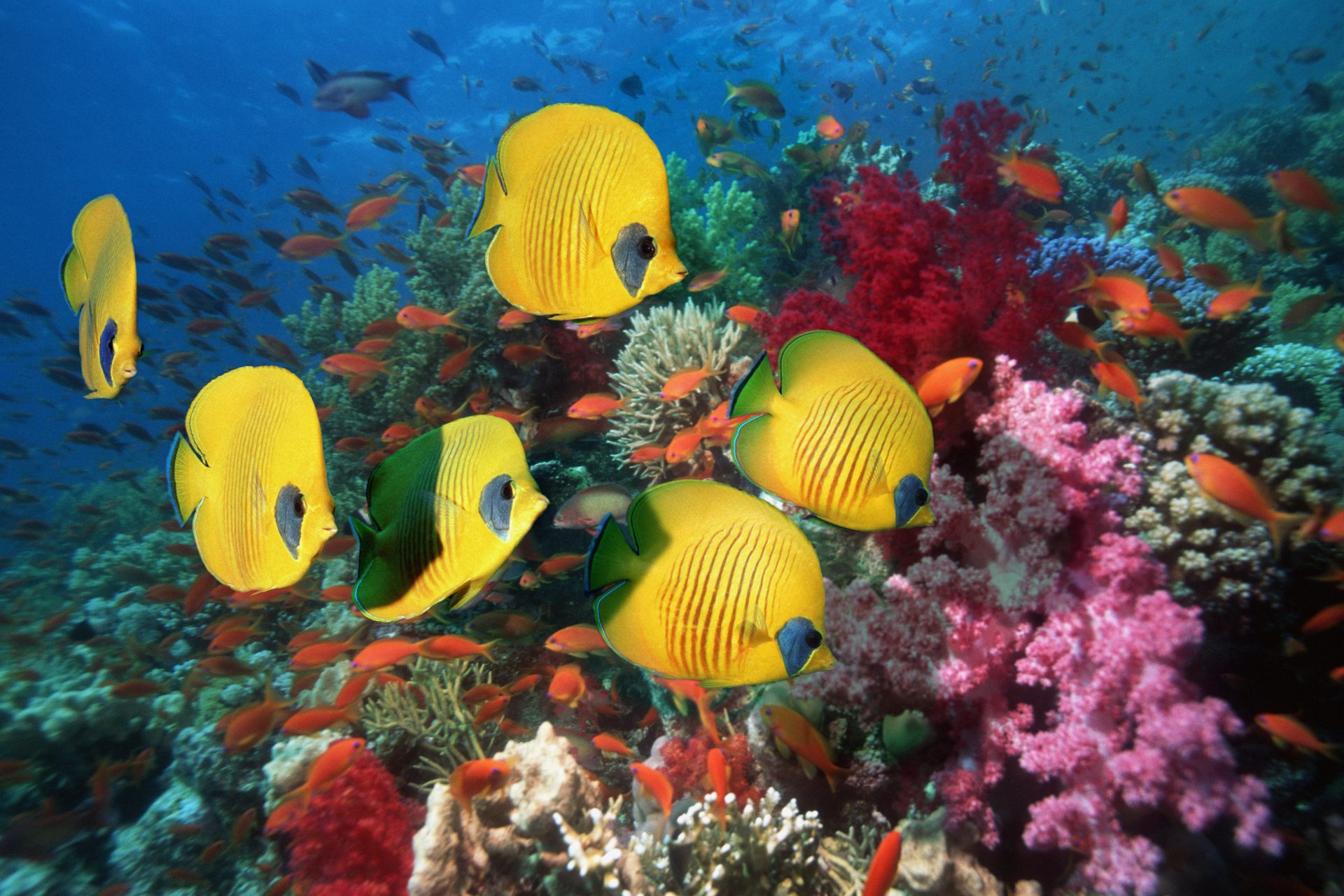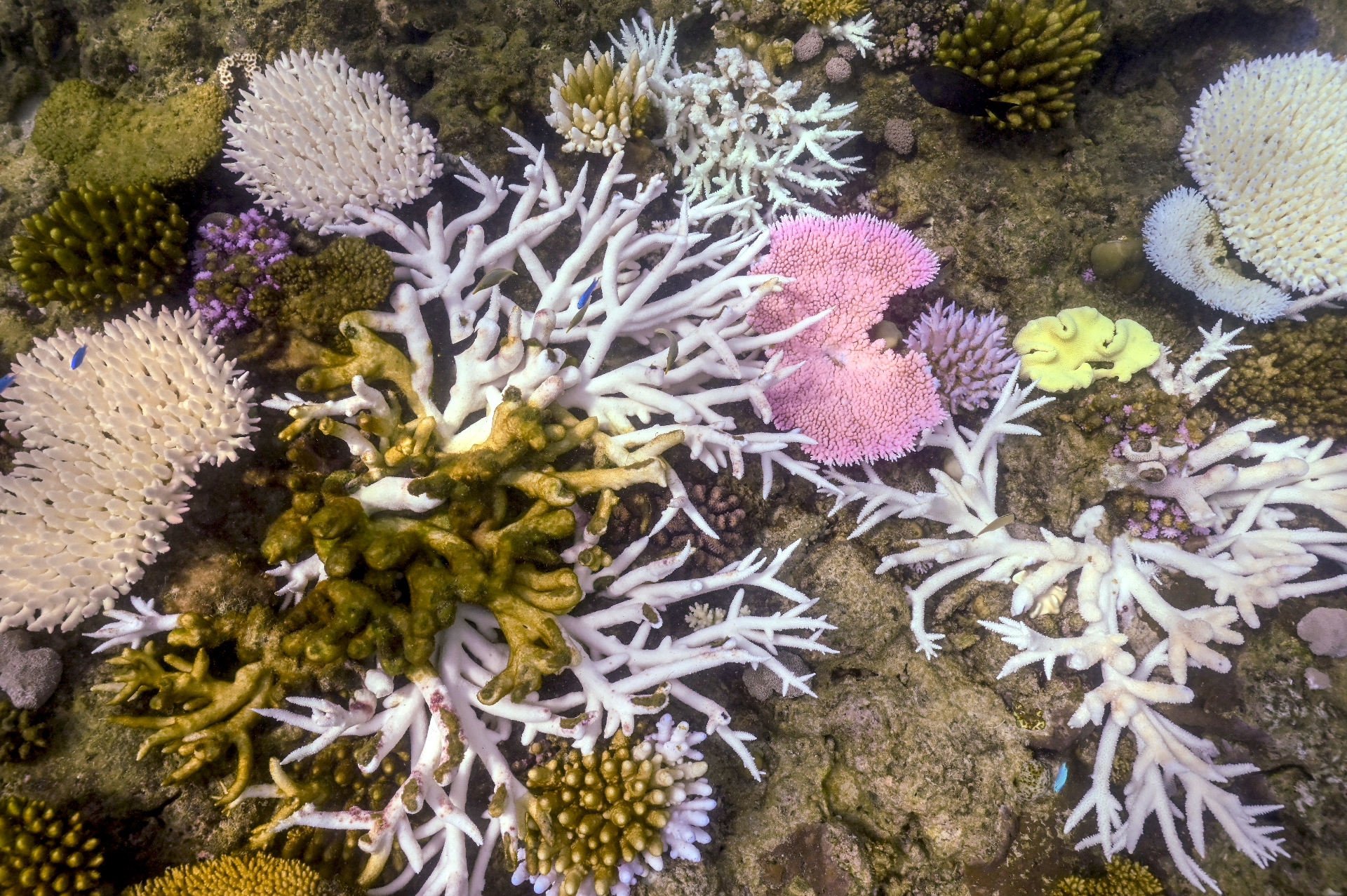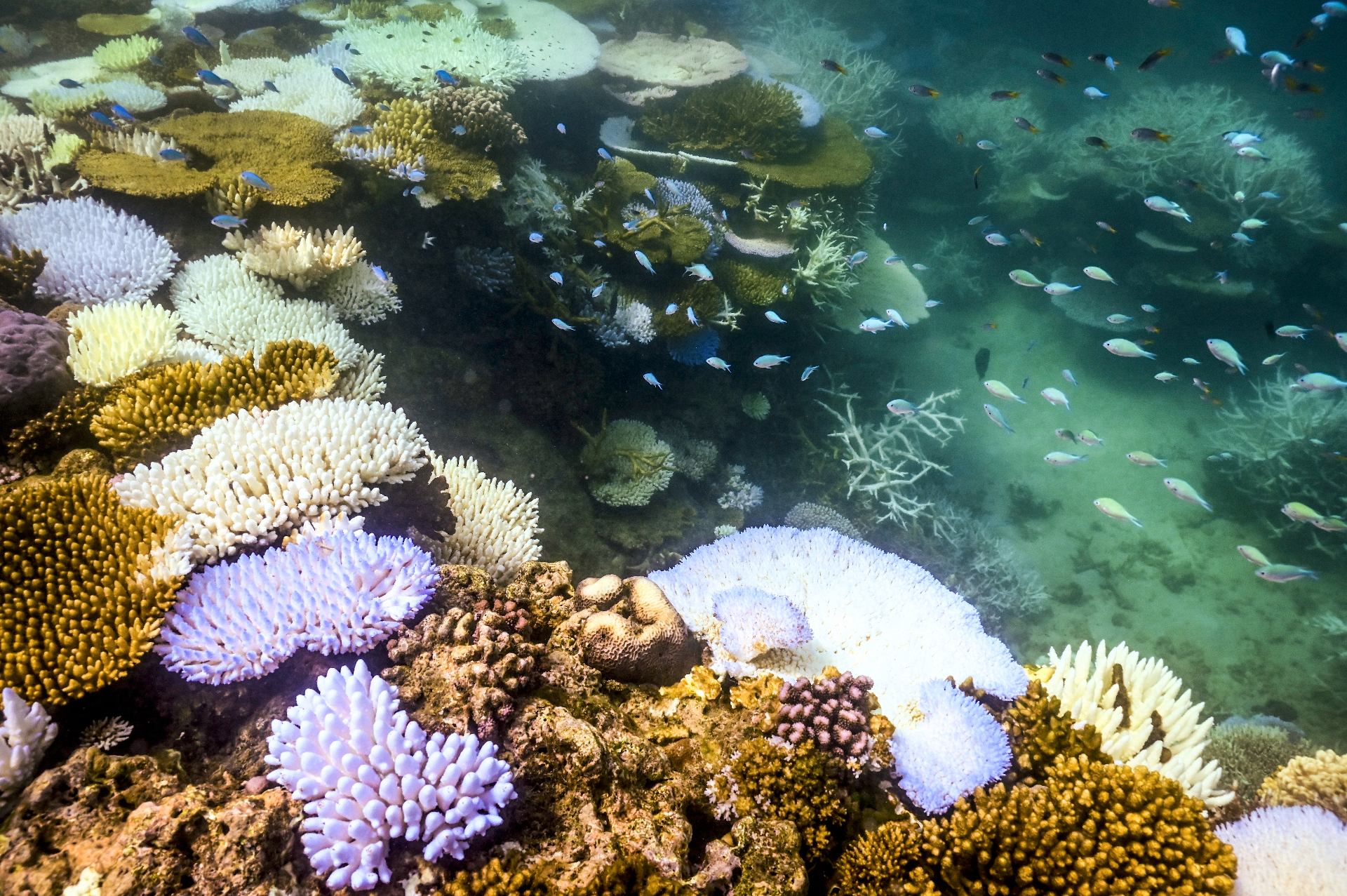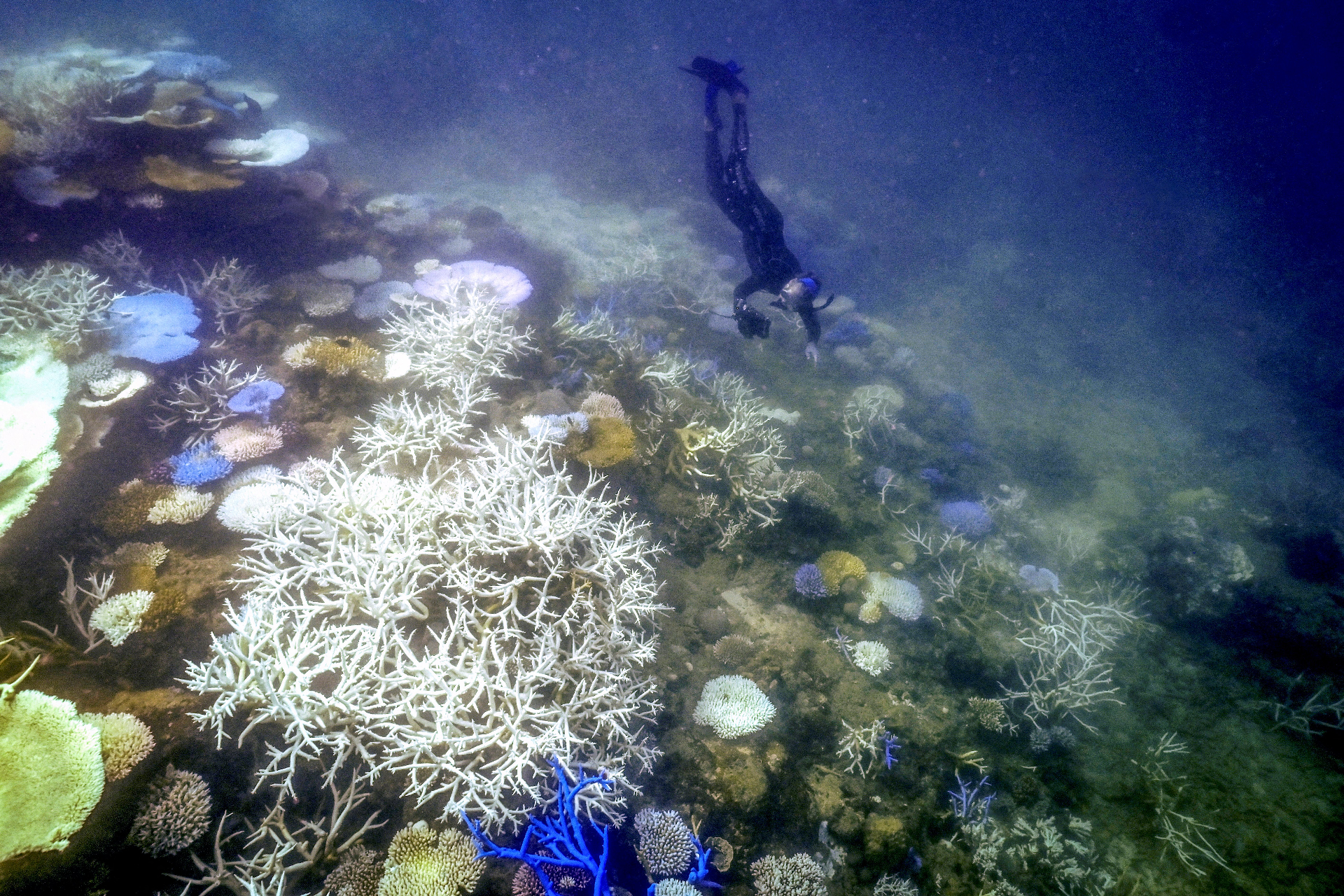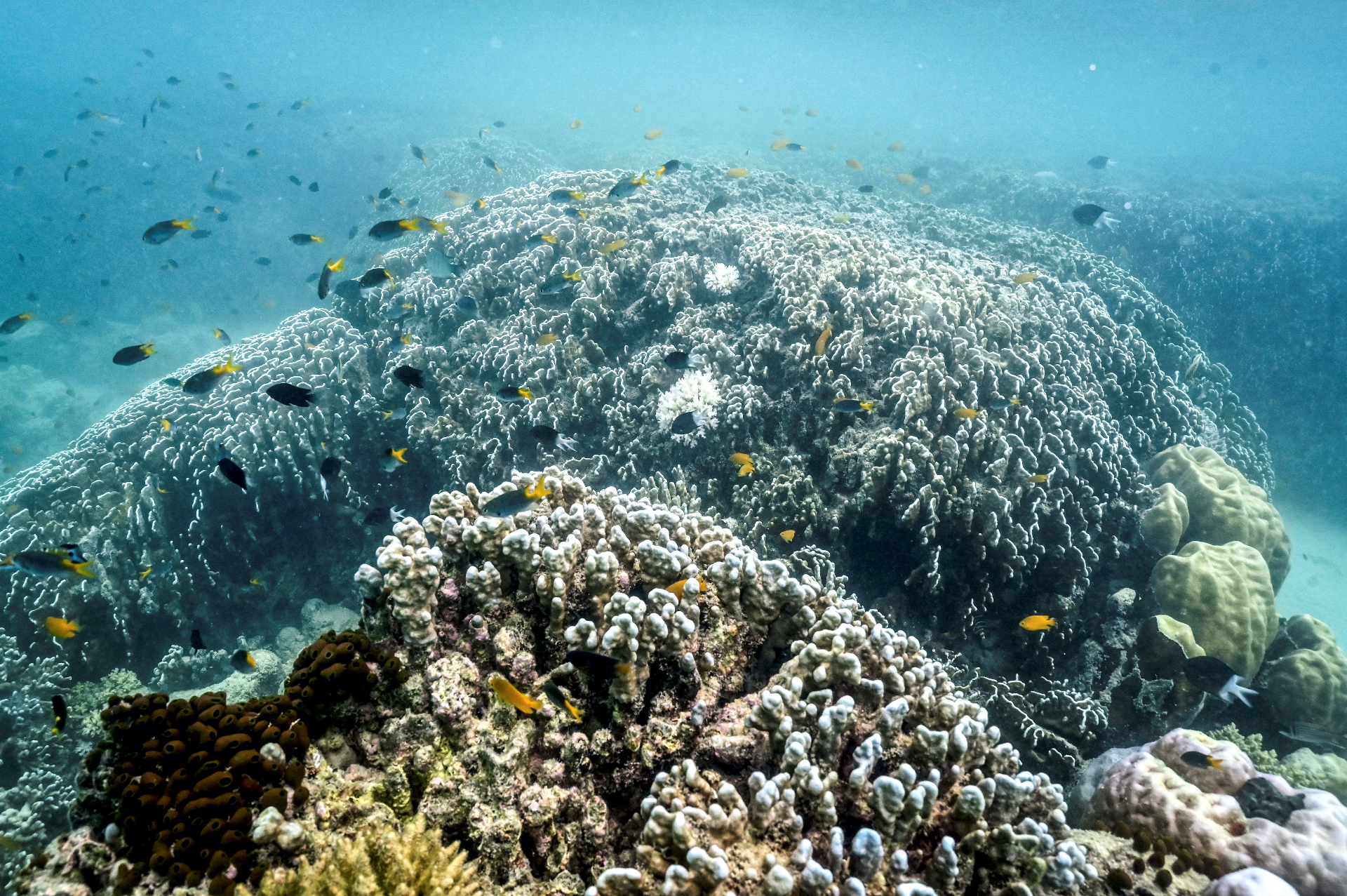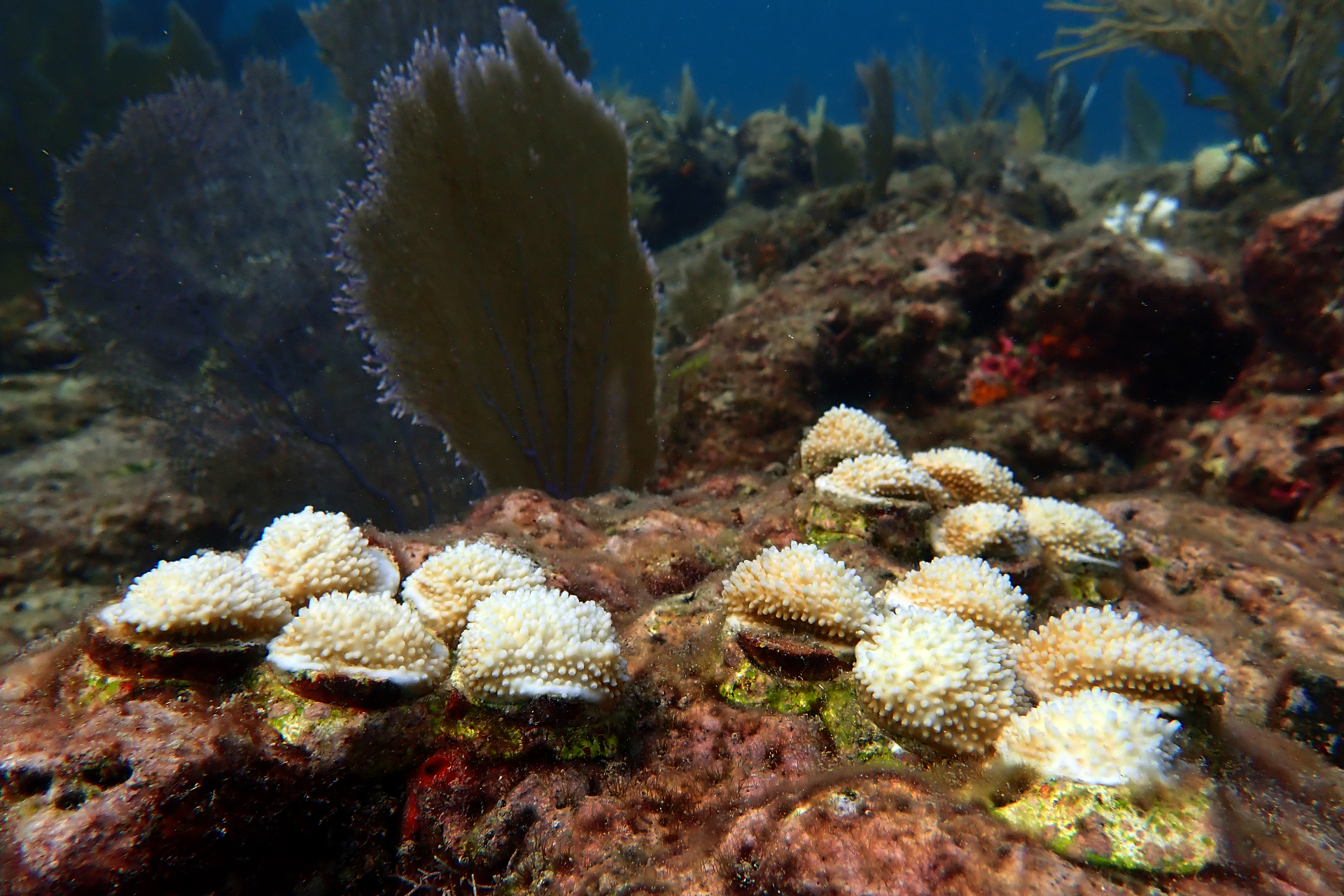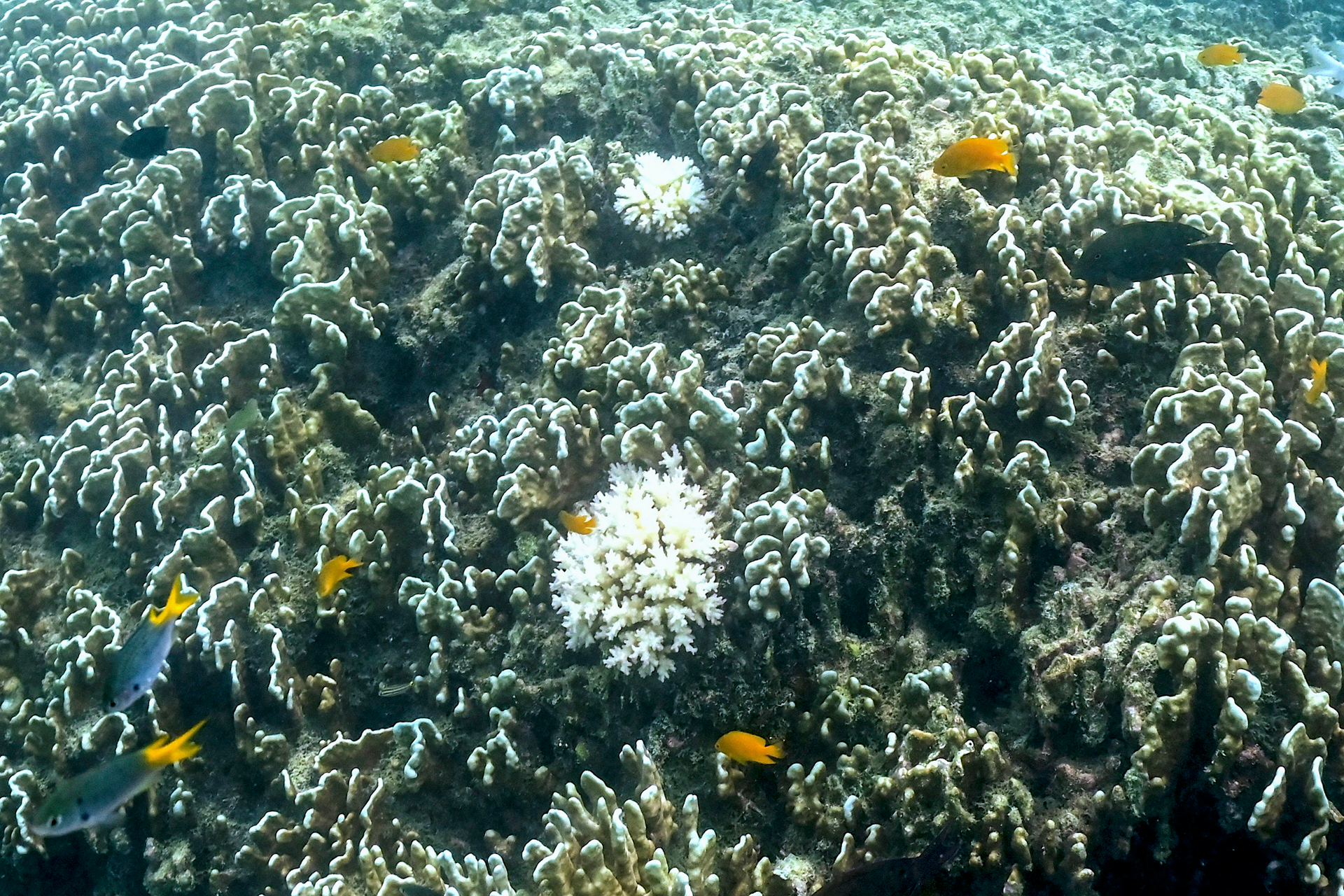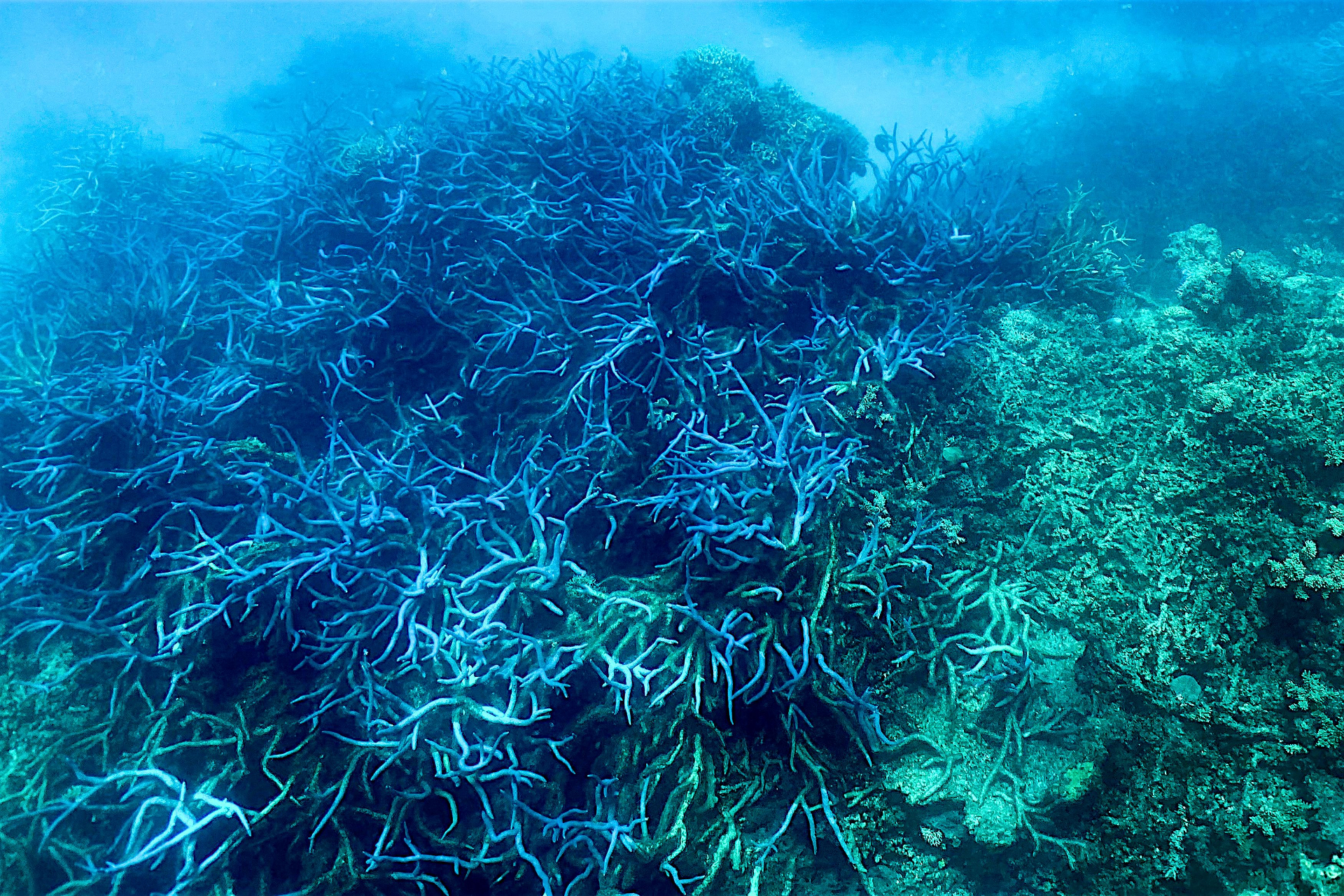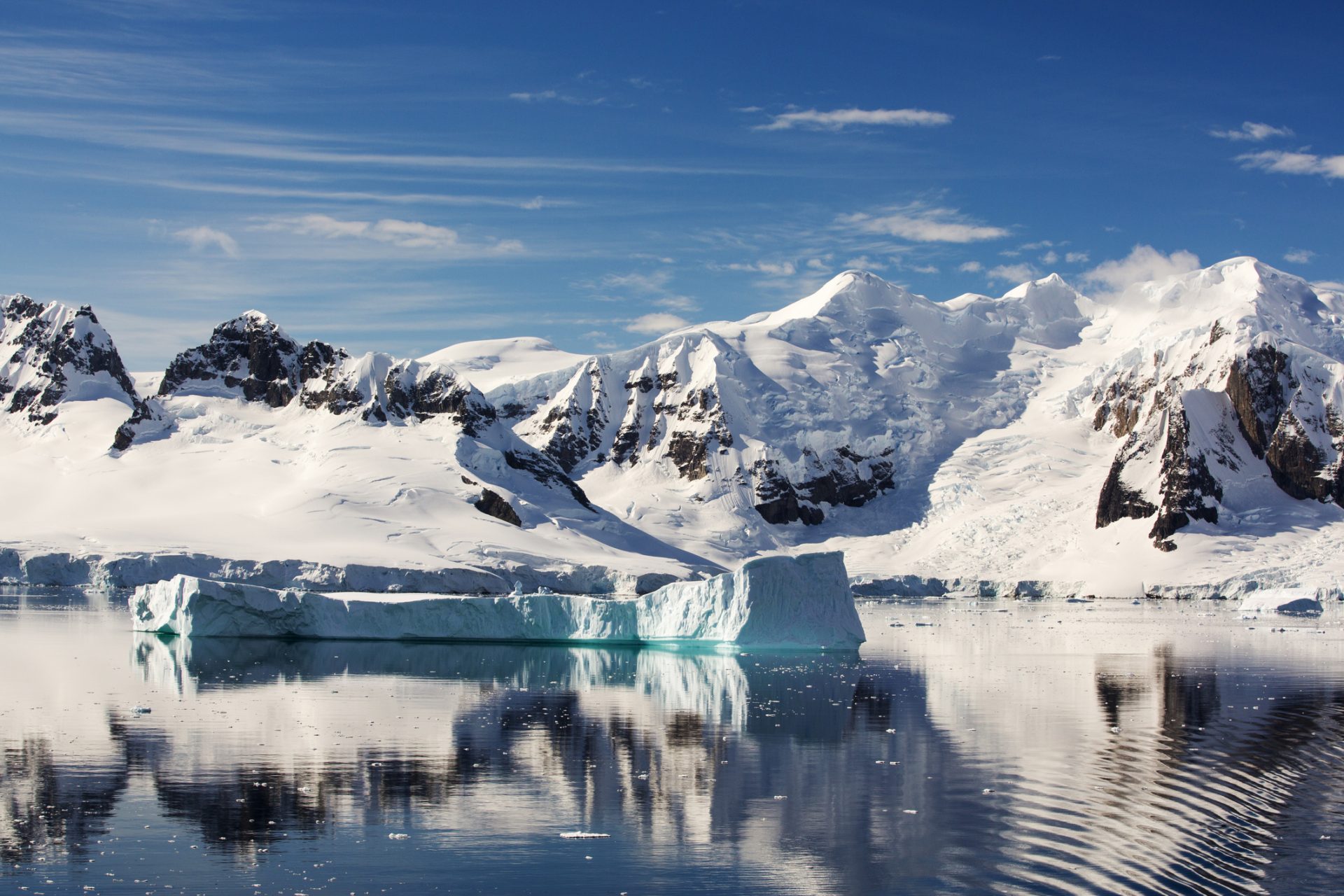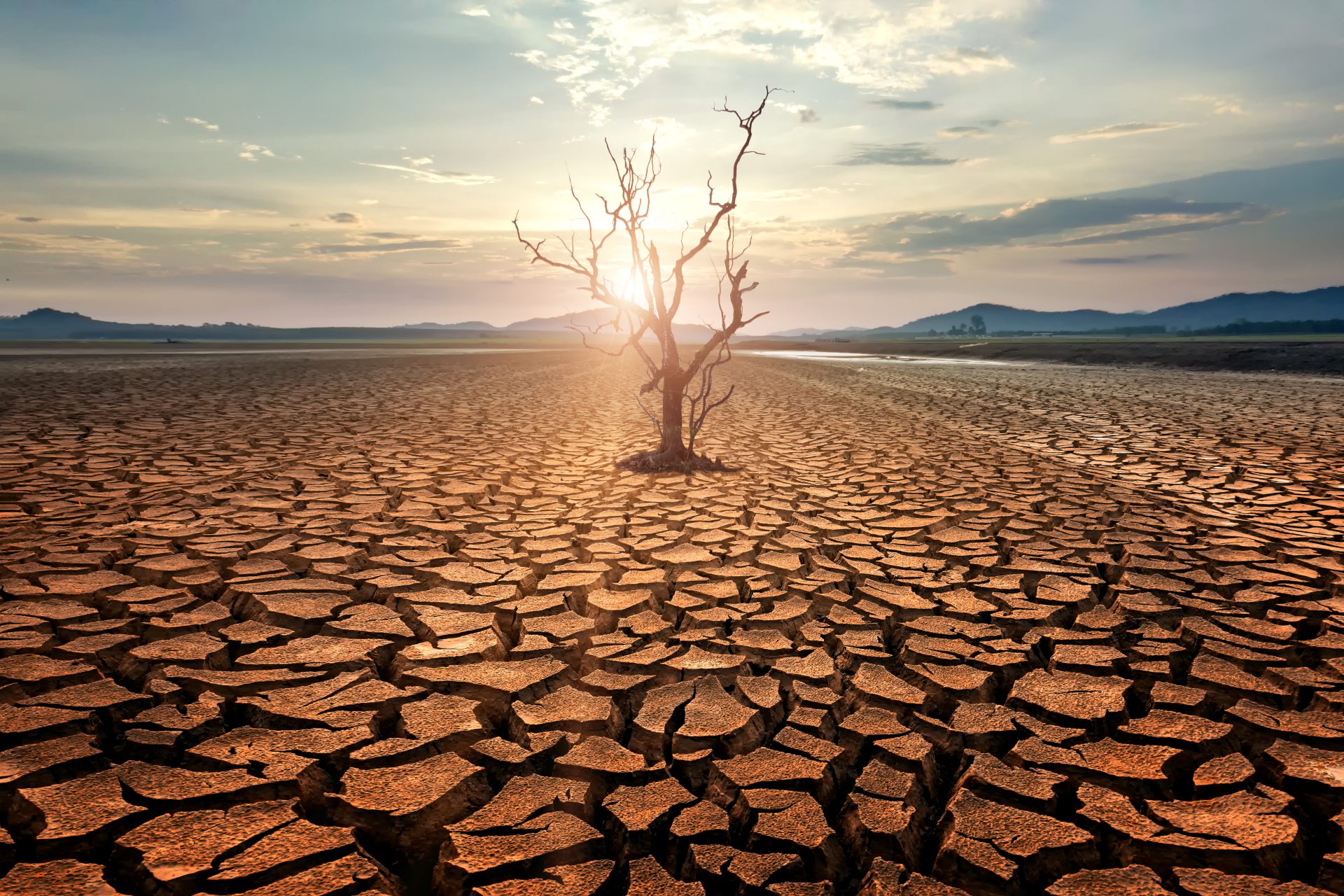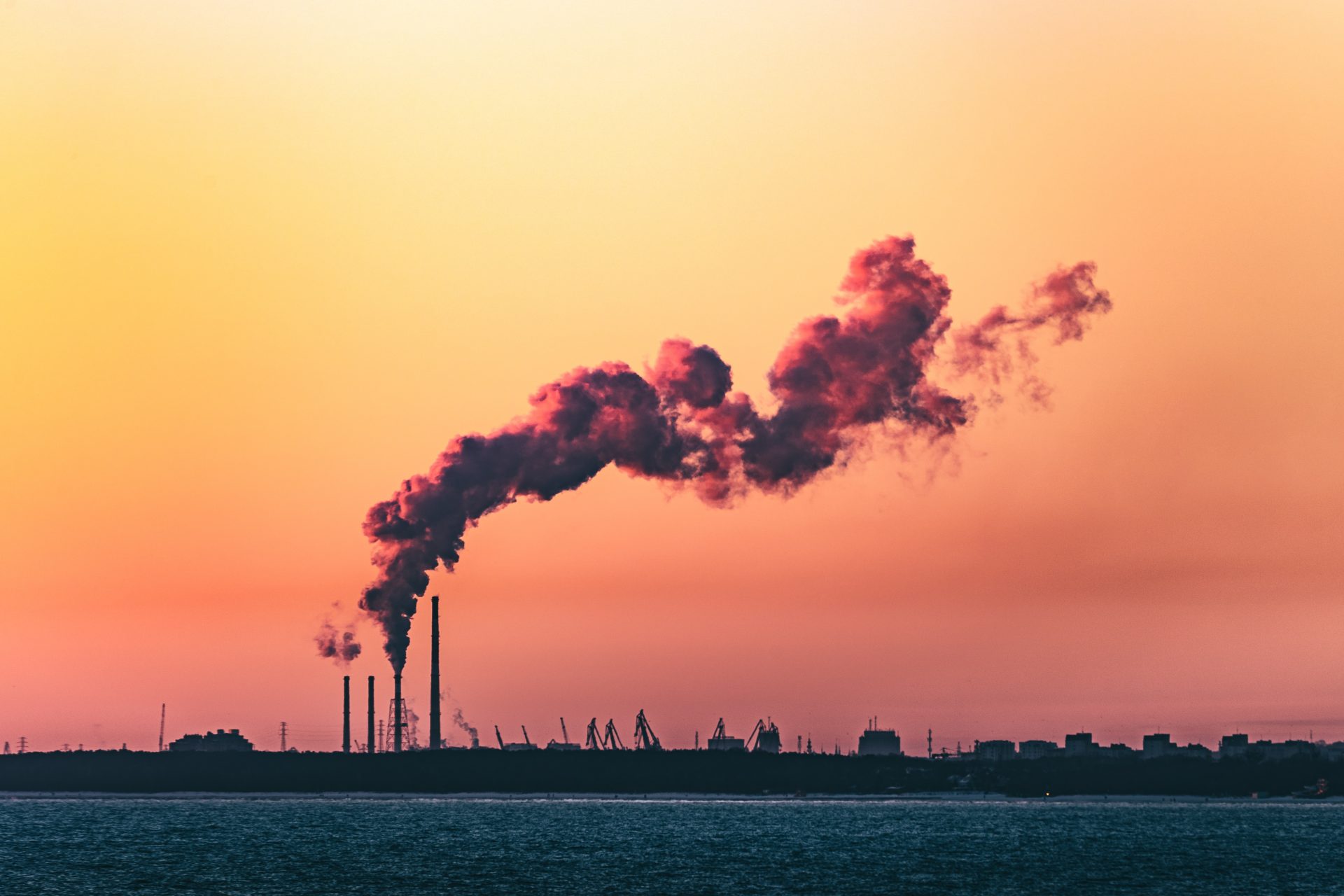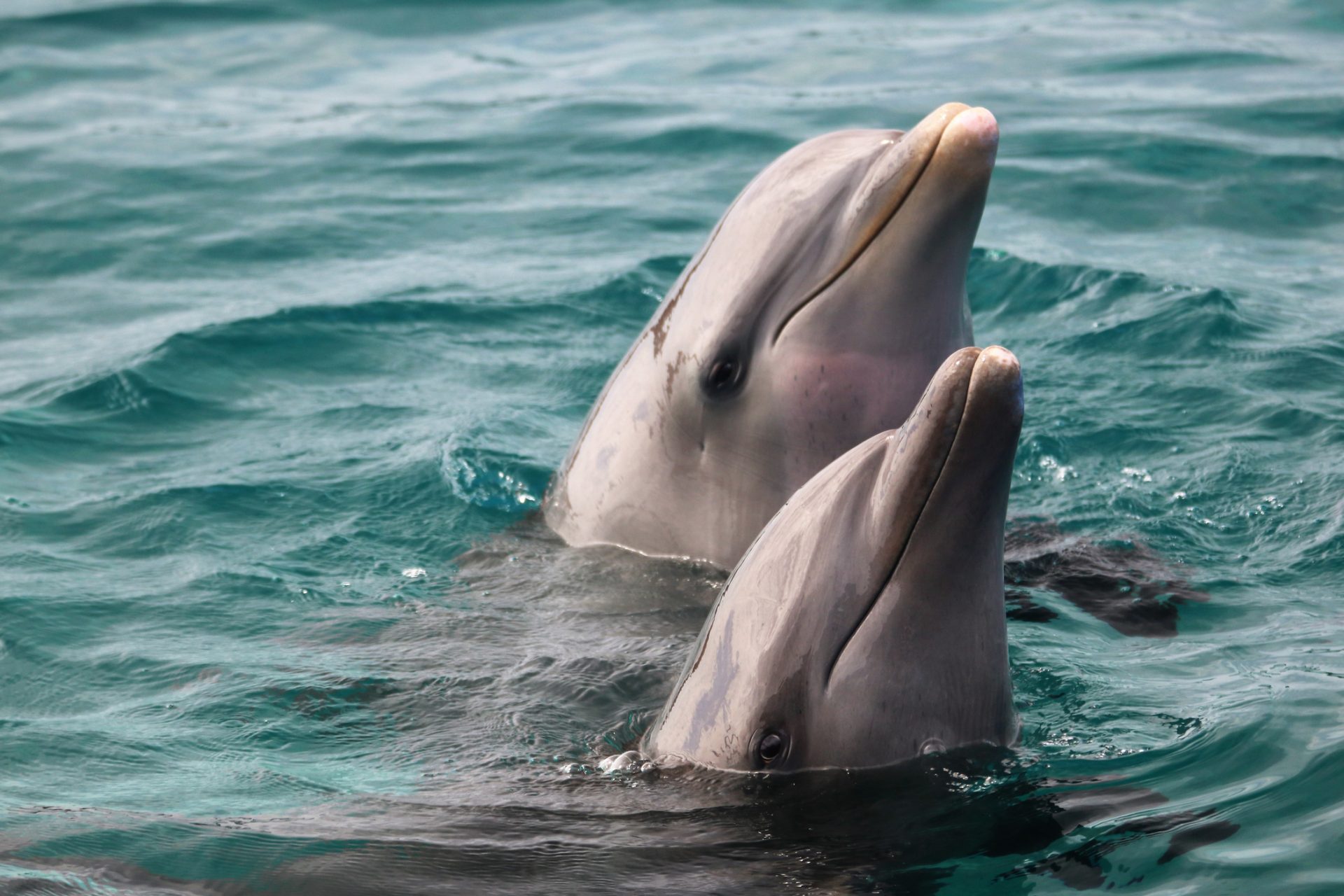Warming oceans are costing humans a $2.7 trillion resource
Humans are losing a crucial natural resource to warming oceans. This resource costs an estimated $2.7 trillion annually and is about to face a catastrophic event.
Coral Reefs are a crucial maritime ecosystem. According to The New York Times, scientists estimate that they once nurtured at least a quarter of all ocean species.
That is why they are also vital sources of food and income for those who depend on the ocean, especially fishing, for survival.
Thousands of communities around the basins of the Pacific, Atlantic, and Indian Oceans depend on the coral reefs that cover their coastal areas for income and food.
However, these people might face terrible news in the coming weeks. According to NOAA experts, the world's coral reef reserve will face catastrophic bleaching events.
The bleaching event, which researchers predicted through rising ocean temperatures, will come in only a few weeks, experts warned The New York Times.
Corals bleach because the symbiotic algae that give them their color, which they depend on to survive, dies under high water temperatures.
NOAA experts told the New York Times that more than half the planet's coral reefs are under high-temperature stress.
It will be the worst bleaching event in history, with 54% of reefs under pressure and rising by 1% each week.
Other worldwide bleachings have happened, and the percentage has kept rising. The first recorded was in 1998, with 20% of coral reefs affected.
In 2010, 35% of the world's coral reefs were under bleaching-level heat stress, a 15% rise from 12 years earlier.
The last bleaching event extended from 2014 to 2017, affecting 56% of all coral reefs.
Ecosystems can recover, but only when waters turn cold again fast enough. Fortunately, according to The Washington Post, experts expect that to happen this time, thanks to the La Niña weather event.
Still, we have already crossed a perilous line. According to the experts cited by The New York Times, most coral reefs will die after the world reaches a temperature of 1.5°C (34.7°F).
Those experts believe that all coral reefs will die if we reach the absolute limit of 2°C (35.6°F) set out by the UN and several nations in international agreements.
Still, according to the last UN report on climate change, despite already crossing the 34°F threshold, nations are burning more fossil fuels than ever.
Photo: Marek Piwnicki / Unsplash
More for you
Top Stories




